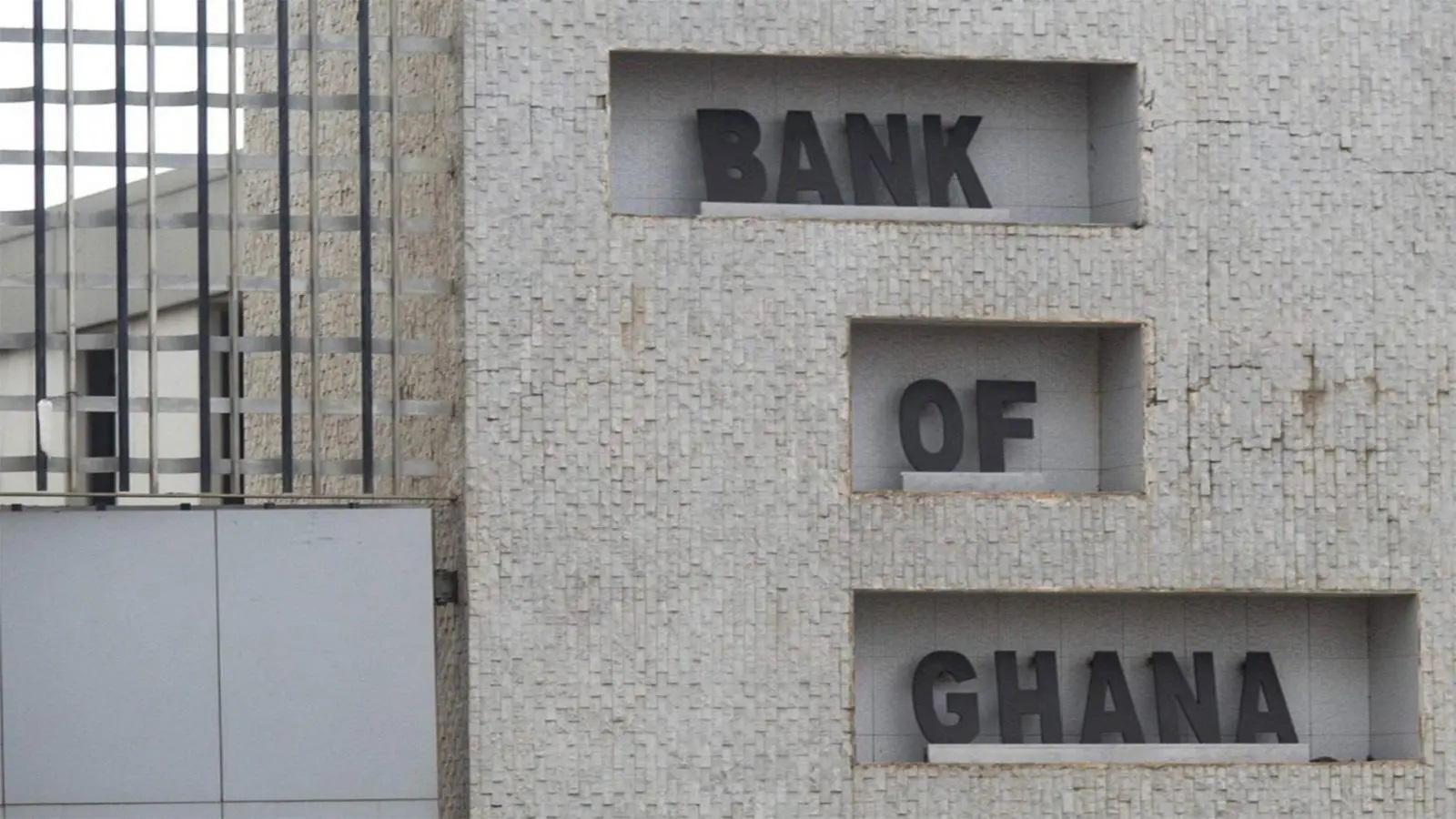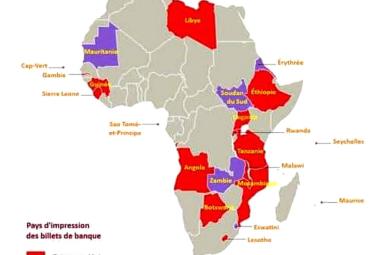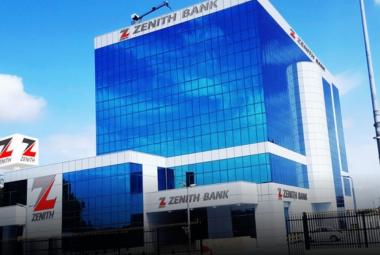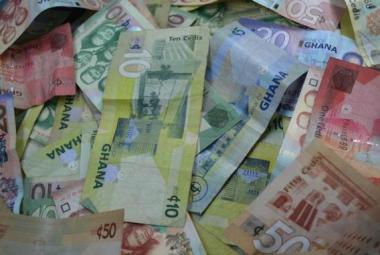Ghana has been experiencing a difficult economic situation for several months. There are certainly the repercussions of the war following the invasion of Ukraine by Russia and those of the COVID-19 pandemic. But at root, it is rather essentially a question inherent in a choice of economic policy. That certainly commendable but risky to do without the Bretton Woods Institutions which was combined with the geopolitical and health situation that the world is experiencing. With the consequences of the increase in its debt and the drastic drop in its revenue. Something to ring the alarm bells. And for good reason.
30% reduction in the salaries of members of the government, 20% reduction in the members of the Council of State, 50% reduction since April in fuel allocations to all eligible political leaders, etc. These are all measures that the government of Ghana has had to take in the face of the drastic drop in its revenues and the inflation that has run rampant. According to the Central Bank of Ghana, inflation reached a historic level of 15.7% at the end of February 2022. So much so that the country's rating was significantly lowered by the rating agency Moody's from B3 to Naa1, a drop of 4 points.
Faced with the situation of economic crisis which is hitting Ghana's state budget hard, the regime of President Nana Akufo-Addo has decided to take the bull by the horns and fight by all means to thwart the Cedis, the Ghanaian currency. Despite the criticism that one of his measures raised in national opinion, he decided to take action. By imposing a tax on digital transactions.
Thus, after having suffered an initial refusal against a background of fistfights between deputies and protesters, the government finally passed its law on March 29 in Parliament. From now on, therefore, on all transactions exceeding 100 Cedis or the equivalent of 16 US dollars, the government will collect taxes. A measure strongly criticized by opposition MPs who outright boycotted the vote.
The tax which is now called E-levy and which amounts to 1.5% will concern in particular bank transfers, money transfer operations, merchant payments and other transactions via Mobile Money and mobile telephony. At the expense of the sender, it is not made to accommodate traders and members of the Diaspora who had become accustomed to using these practical means to make money transfers.
The President Nana Akufo-Addo regime has indeed chosen independence from the Bretton Woods Institutions, in particular the IMF, which he has decided to do without. But if this decision is highly appreciated by all Africans who certainly have reason to resent these institutions, the fact remains that the country is caught up in the economic realities on the ground. And we will have to deal with it. According to the World Bank, “The authorities plan to increase domestic revenues by 44% in 2022”. And for that, it will absolutely be necessary to find the recipes. At the risk of returning to seek IMF assistance. In any case, the New Patriotic Party (New Patriotic Party - NPP), the party in power, has a lot to worry about not only to maintain the major economic balances in the country but also in view of the upcoming elections.
By Abdul Yazid




















